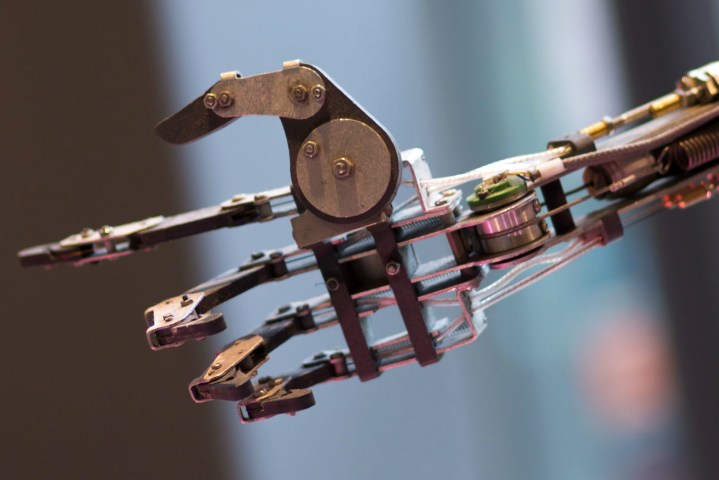
The survey was conducted as part of an ongoing study of the public’s sentiment toward emerging technologies, including their ethical, social, and political implications. Researchers polled 4,726 American adults, asking whether they were very or somewhat enthusiastic, or worried, about the emergence of three biomedical technologies: gene editing to reduce the risk of disease in infants, brain chip implants for enhanced cognitive abilities, and synthetic blood for improved physical abilities.
“Developments in biomedical technologies are accelerating rapidly, raising new societal debates about how we will use these technologies and what uses are appropriate,” Associate Director of Research at Pew Center and co-author of the report, Cary Funk, told Digital Trends.
“Human enhancement encompasses a wide range of biomedical interventions intended to increase human abilities,” she said. “Some are designed to improve cognitive, psychological, or physical capacities, including changes aimed at bettering physical and mental health. The three enhancements in this study were chosen to capture a range of enhancements.”
The poll suggests that the majority of American adults are somewhat worried about each of the three technologies, with a significant portion of them responding that they were very worried.
On the other hand, less than half of the respondents said they were enthusiastic about gene editing, and only about a third of the respondents said they were enthusiastic about brain chip implants and synthetic blood.
“These are three very different technologies used in three different ways,” Funk said, “we were struck by the similar contours of public opinion across the three. To the extent there are differences, public reactions to gene editing differ somewhat from those for brain chip implants and synthetic blood.”
Funk pointed out the close split between concern and excitement for gene editing — with 68 percent expressing worry and 49 percent expressing enthusiasm. On the other hand, the difference between concern and excitement for brain chip implants and synthetic blood was much more drastic, with a 35-percent split and a 27-percent split, respectively.
There could be a couple factors at play here, said Funk. For one, gene editing to reduce the risk of disease may be classified as more purely medical, as a therapy rather than an enhancement, “while the other two scenarios are more about augmenting abilities.”
“Another possibility is that public thinking about genetic interventions that would enhance their children’s characteristics involves different calculations than changes to better themselves,” she added.



